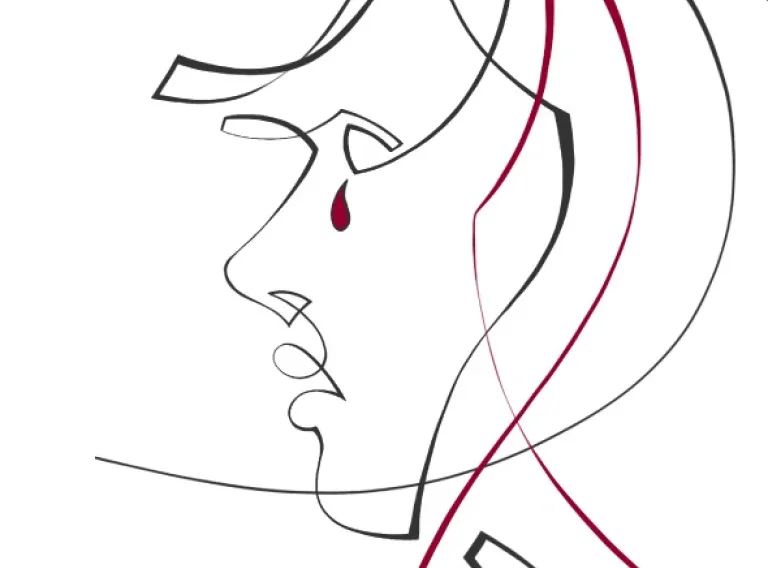
An in-depth discussion of research conducted at the University of Iceland Centre of Public Health Sciences into trauma and genetics appears in the latest issue of Horizon, the EU research and innovation magazine. It is hoped that the research will lead to new treatments that will help reduce the impact of trauma on people's health.
The article features a detailed interview with Unnur Anna Valdimarsdóttir, professor of public health sciences at the University of Iceland and leader of the research. She heads a large team of scientists who in 2017 were awarded a grant of € 2 million, the equivalent of ISK 250 million, from the European Research Council to research the genetics of health following stressful events. The aim is to get a better understanding of why some individuals suffer health deterioration following trauma, while other survivors of similar trauma do not.
The research shows that living through a traumatic event increases the chances of developing PTSD, depression and anxiety. Unnur and her colleagues have an extensive background in researching the impact of trauma on health, e.g. having explored the likelihood of trauma affecting not only mental health but physical health. In fact, the risks of heart disease, infections and autoimmune diseases increase following traumatic life events. Their research has also revealed that men and women recently diagnosed with cancer are at considerably increased risk of suicide and sudden death due to cardiovascular disease.
Most of us will experience a traumatic event at some point during our lives. "A third of all women are through their life course exposed to either physical or sexual violence. Most of us will either be diagnosed with a life threatening illness ourselves or have a family member that is, and these really are stressful events," explained Unnur, talking to Horizon.



